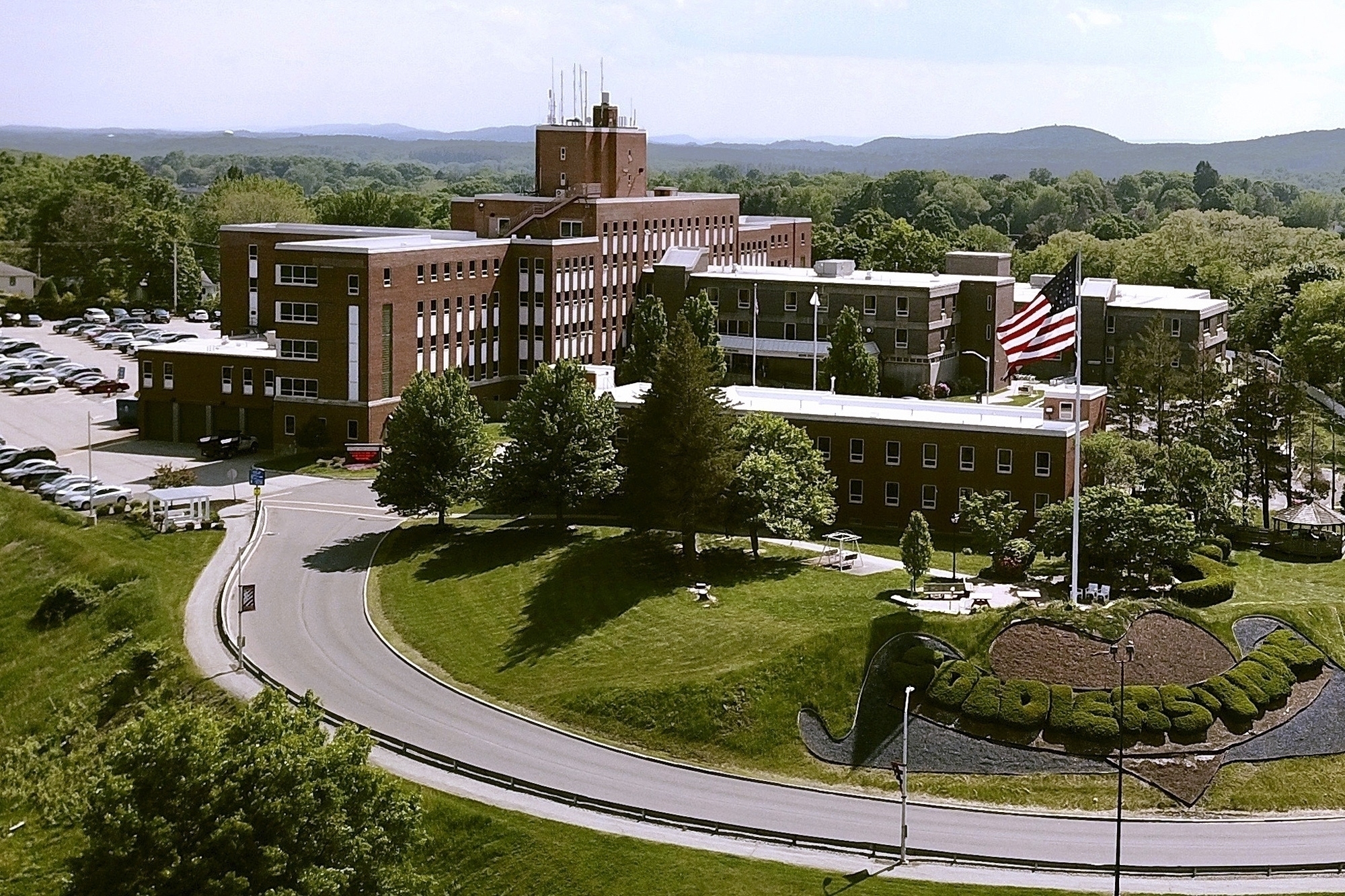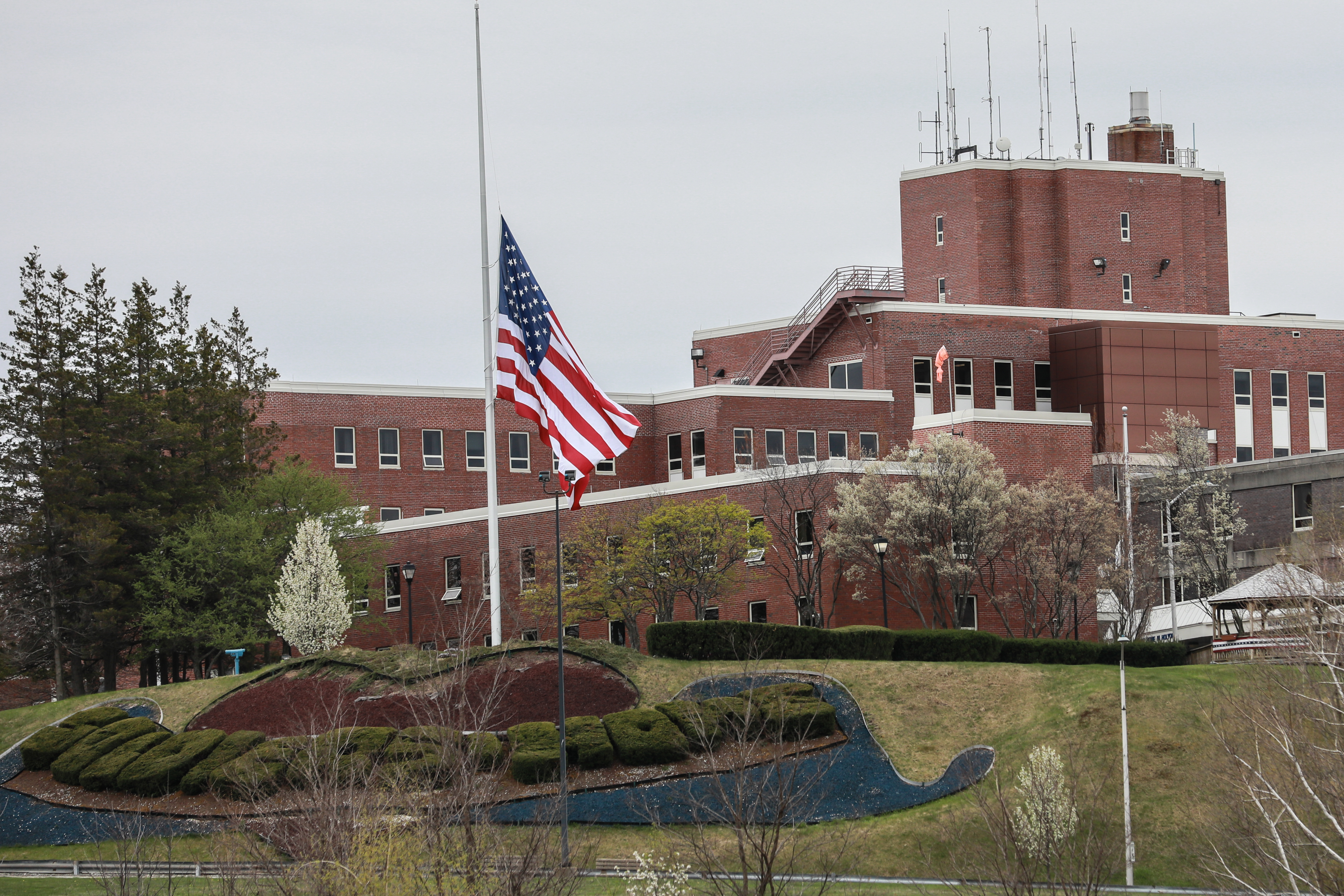The Legislature should require the Holyoke Soldiers' Home superintendent to be a licensed nursing home administrator, elevate the secretary of veterans' services to the Cabinet, create a paid ombudsman position at both state-run soldiers' homes, and impose a raft of chain of command protocols and training requirements, a panel of lawmakers concluded after reviewing the deadly COVID-19 outbreak that struck the facility last year.
In a sweeping report that directed blame at the Baker administration for failing to address poor leadership and leaving key positions unfilled, a special committee created to probe the tragedy punctuated its findings with a long list of recommended legislative actions.
WATCH ANYTIME FOR FREE
>Stream NBC10 Boston news for free, 24/7, wherever you are. |
Like the June 2020 report from former U.S. Attorney Mark Pearlstein, the committee's investigation found glaring deficiencies in former Holyoke Soldiers' Home Superintendent Bennett Walsh's decision-making leading up to the deadly outbreak and in his preparedness for the job.
Get updates on what's happening in Boston to your inbox. Sign up for our >News Headlines newsletter.
Lawmakers wrote in their summary, provided to reporters on Monday ahead of a final vote to release the report on Tuesday, that Pearlstein's report "generated more questions than answers for the committee."
"Therefore, the findings presented to you focus on both the how and the why of this tragedy," the committee's chairs, Rep. Linda Dean Campbell of Methuen and Sen. Michael Rush of West Roxbury, said in a joint statement. "They highlight how governing structures in place at this time created a perfect storm for this COVID outbreak to become a tragedy."
The panel questioned why Walsh remained in his position for years, despite apparent awareness among Health and Human Services Secretary Marylou Sudders and former Veterans' Services Secretary Francisco Urena about issues during his tenure.
They concluded that a "breakdown in communication" between Walsh, Urena, Sudders and Gov. Charlie Baker "contributed substantially to the tragedy." The committee also found that the facility had already been in a precarious position before COVID-19 hit due to several broader problems.
Get the latest news on COVID-19 delivered to you. Click here to sign up for our weekly coronavirus newsletter.
Among those were "serious problematic short- and long-term staffing issues," which lawmakers said contributed to the ill-fated decision to combine two dementia units early in the outbreak.
In their report, lawmakers listed 14 major findings and recommendations. Their suggestions include requiring the governor rather than boards of trustees to appoint soldiers' home superintendents, launching a hotline for staff and family to report concerns, and transforming the Holyoke facility into a Centers for Medicare and Medicaid Services facility like the Chelsea Soldiers' Home



